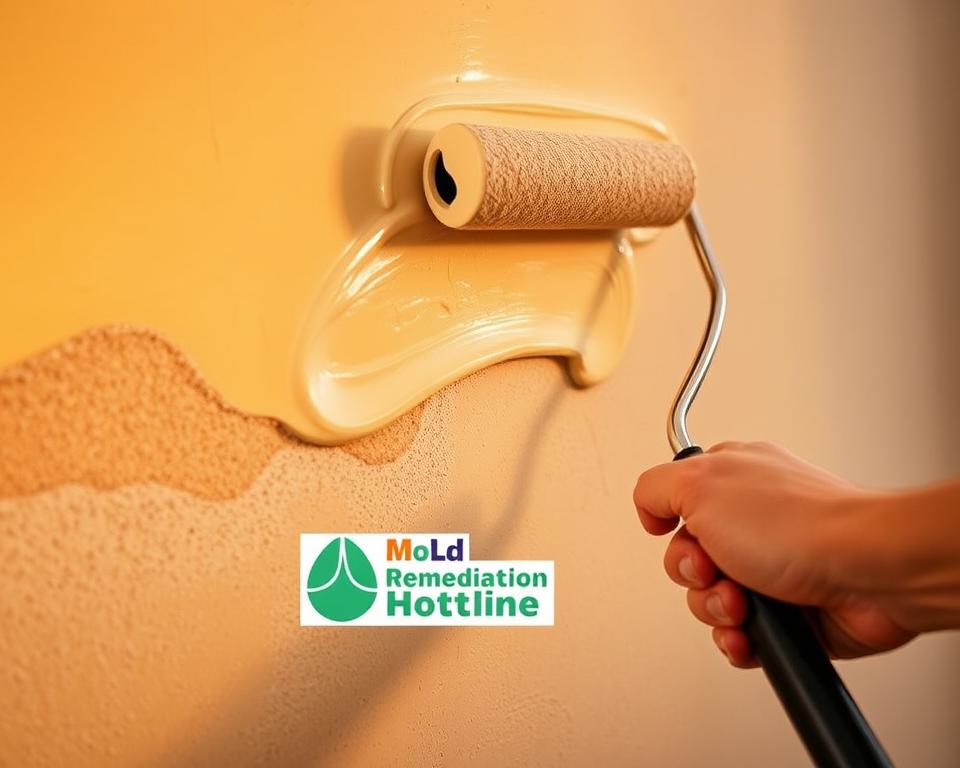Did you know 54% of homeowners report moisture-related issues within their first five years of occupancy? Damp environments create ideal conditions for unwanted biological growth, compromising both structural integrity and indoor air quality.
Specialized coatings now offer proactive solutions for spaces prone to humidity. Unlike standard options, these advanced formulas contain ingredients that actively inhibit microbial development. This technology proves especially vital in bathrooms, basements, and kitchens where traditional products often fall short.
Local experts bring critical knowledge about regional climate challenges and surface preparation requirements. Their services typically include thorough assessments, proper material selection, and professional-grade equipment – factors that significantly impact long-term results. Proper implementation can prevent up to 90% of common moisture-related deterioration when executed correctly.
Key Takeaways
- Specialized coatings prevent biological growth in high-moisture areas
- Professional application ensures proper surface preparation and technique
- Solutions work for both residential and commercial properties
- Expert services often include warranties for lasting protection
- Proper implementation improves indoor air quality significantly
Understanding Mold-Resistant Paint and Its Applications
Modern coatings revolutionize moisture-prone spaces through scientific innovation. These specialized formulas create hostile environments for biological threats while maintaining surface integrity. Three leading solutions – RMR, KILZ, and Stopz – demonstrate how technology combats persistent fungal issues.
https://www.youtube.com/watch?v=AQbQPwITNRY
Core Technology Behind Protective Formulas
Premium options like RMR use water-based acrylic formulas with built-in fungistats. These components prevent spore germination without compromising air quality. KILZ incorporates EPA-registered antimicrobial agents that form lasting protective films during curing.
Mechanisms for Fungal Prevention
Effective products work through dual action: eliminating existing spores during application and blocking new colonization. Stopz demonstrates this with additives that disrupt microbial life cycles. The smooth finishes on these coatings reduce organic buildup that feeds fungal growth.
Professional-grade versions outperform standard options through enhanced durability. Their advanced chemistry creates pH-balanced surfaces where mildew cannot thrive. This technology proves vital in bathrooms and basements where humidity exceeds 60%.
Key Features and Benefits of Mold-Resistant Paint
Advanced protective coatings combine science and practicality for moisture-prone environments. Their unique formulations address multiple challenges simultaneously, from biological threats to long-term structural preservation.
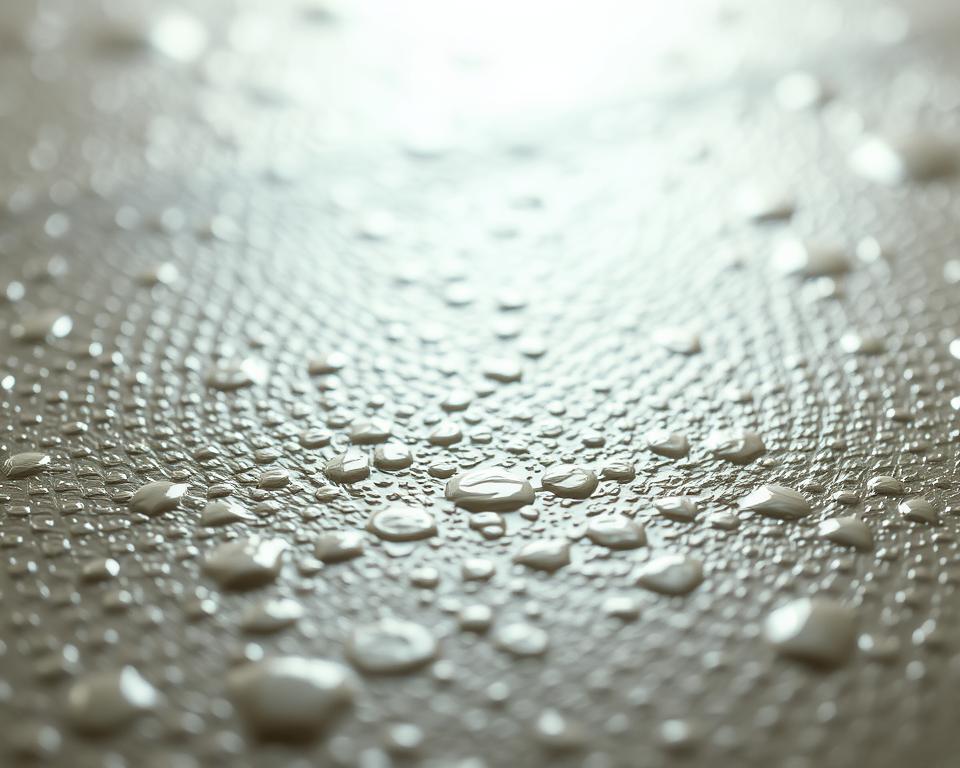
Microbial Defense Systems
Leading products integrate dual-action protection that stops existing spores and blocks new colonization. Special additives disrupt cellular processes in fungi while creating inhospitable surfaces. This technology maintains effectiveness even when exposed to repeated moisture exposure.
Practical Installation Advantages
High-performance options like RMR demonstrate impressive efficiency, covering 350-600 square feet per gallon on smooth materials. Textured or porous surfaces still achieve 250-300 square feet per gallon – crucial for basement walls or bathroom ceilings. KILZ primers provide similar coverage rates while sealing surfaces against water penetration.
These coatings work with standard tools like rollers and sprayers, cutting project timelines by 30-40% compared to traditional methods. The smooth finish minimizes crevices where organic matter accumulates, while enhanced adhesion prevents peeling. Many professional-grade options come with transferable warranties, ensuring decade-long performance.
Durability remains a key advantage, with formulations resisting temperature swings and humidity spikes. This resilience makes them ideal for kitchens and laundry rooms where steam regularly tests surface integrity. Properly applied coatings create continuous protective films that outlast conventional products by 3-5 years.
Mold-Resistant Paint Application Near Me
Homeowners tackling moisture issues face critical decisions when selecting service providers. Costs vary significantly based on surface preparation needs and regional market trends. 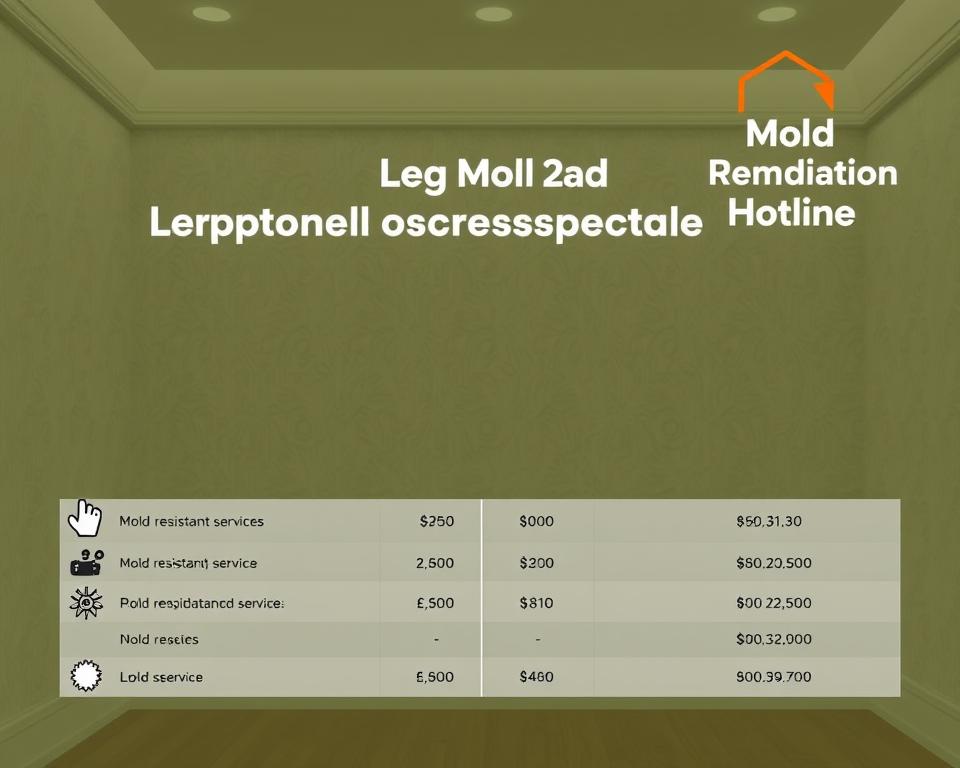
Finding Local Experts and Service Providers
Reputable contractors typically structure fees around square footage and project complexity. Price per square foot often includes primer, top coats, and debris removal. Restoration work usually costs 20-35% more than standard jobs due to intensive surface treatments.
Three key factors influence budgets:
| Project Type | Average Price Per Sq Ft | Key Cost Factors |
|---|---|---|
| Standard Application | $1.50-$2.80 | Surface smoothness, accessibility |
| Restoration Projects | $2.10-$3.75 | Biofilm removal, structural repairs |
| Commercial Spaces | $1.90-$3.25 | Safety protocols, after-hours work |
Skilled professionals assess home conditions before recommending solutions. Many offer bundled packages that combine cleaning, sealing, and protective coatings. Labor typically accounts for 65% of total expenses in moisture-prone areas.
Request itemized quotes comparing material price and service options. Top providers detail warranty terms and post-application maintenance plans. Always verify licensing and insurance coverage before committing to projects.
Comparative Analysis of Top Mold-Resistant Paint Products
Three leading solutions dominate the market for moisture-control surface treatments. Each offers unique advantages in coverage, drying speed, and long-term protection. Understanding their technical specifications helps consumers match products to specific project needs.
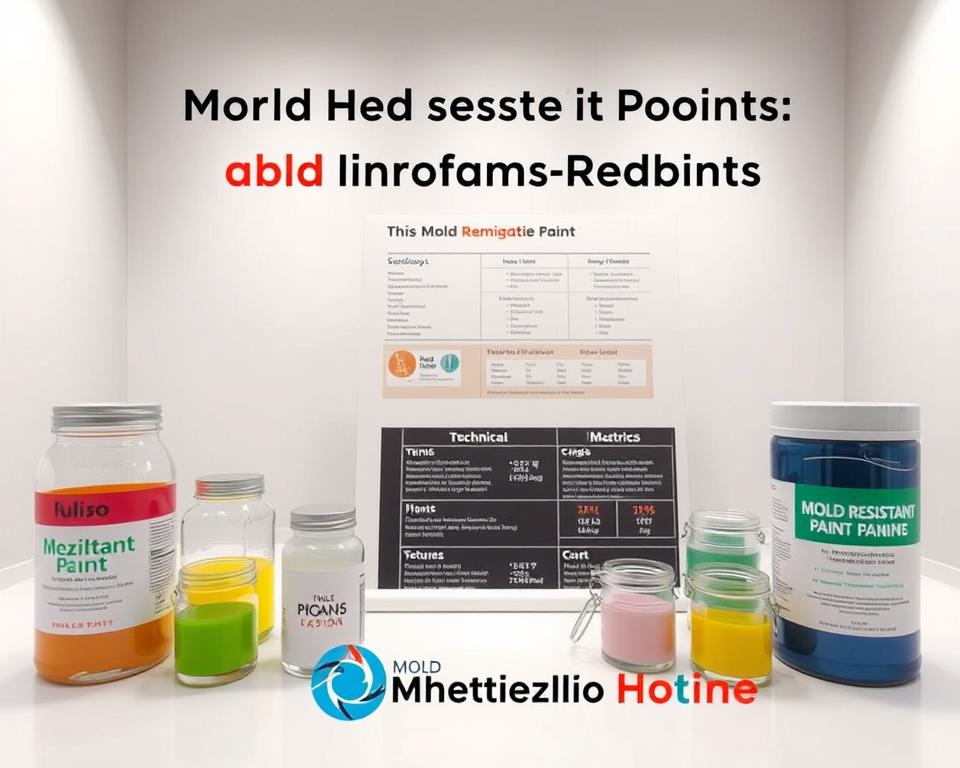
RMR Coating: Durability and Warranty
RMR’s formula delivers exceptional drying speeds – ready for touch in 30 minutes and recoating within one hour. Its limited lifetime warranty covers both material defects and fungal breakthrough, a rare combination in this category. Coverage ranges from 350-600 sq. ft. per gallon on smooth surfaces, making it cost-effective for large areas.
Primer Solutions: Application Advantages
KILZ primer excels at blocking stubborn stains while providing 300-400 sq. ft. coverage per gallon. Its lifetime limited warranty applies to both residential and commercial uses. Stopz differentiates itself with dual-action additives that neutralize existing spores during application.
| Feature | RMR | KILZ | Stopz |
|---|---|---|---|
| Drying Time | 30 min touch | 30 min touch | 45 min touch |
| Coverage/Gallon | 350-600 sq. ft. | 300-400 sq. ft. | 275-350 sq. ft. |
| Key Strength | Warranty length | Stain blocking | Spore elimination |
Professionals often choose KILZ for restoration projects requiring heavy stain coverage. Stopz proves ideal for humid climates where active microbial presence demands immediate treatment. Both primer-based products adhere better to uneven surfaces than standard topcoats.
Application time savings vary significantly between options. RMR’s rapid recoat window cuts project timelines by 25% compared to traditional alternatives. Proper product selection depends on surface conditions, stain severity, and desired warranty protections.
Application Tips and Best Practices
Proper technique separates temporary fixes from decade-long protection against fungal growth. Success hinges on two factors: meticulous preparation and tool selection tailored to surface types. Industry studies show 80% of coating failures stem from rushed surface cleaning or incorrect equipment choices.
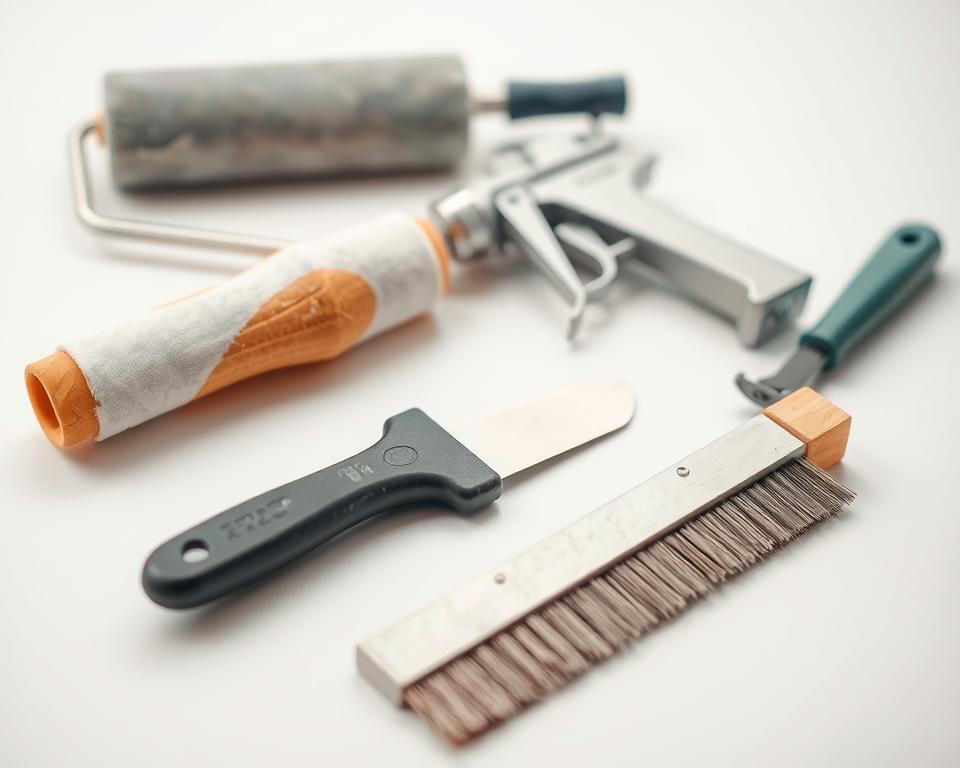
Surface Readiness Essentials
Remove all traces of existing mold mildew using EPA-approved cleaners. Scrub porous materials like drywall with stiff brushes until surfaces feel gritty. “Bare substrates demand different approaches than previously coated areas,” notes KILZ technical advisor Mark Teyson. Always wear protective masks during this phase.
Choose tools based on your project scope:
| Tool Type | Best For | Coverage Rate |
|---|---|---|
| Nylon/Polyester Brush | Trim & corners | 15-20 sq ft/hr |
| 3/8″ Nap Roller | Smooth walls | 300 sq ft/gal |
| Airless Sprayer | Exterior surfaces | 500 sq ft/hr |
Precision Application Methods
Start with edges using angled brushes, then switch to rollers for open areas. For large exterior projects, airless sprayers with .017″ tips deliver factory-smooth finishes. Maintain 12-inch overlaps to prevent thin spots where mildew could form.
Water-based formulas minimize odor and improve air quality during application. Keep windows open for ventilation, and avoid working when humidity exceeds 65%. Allow 2-4 hours between coats for proper curing – rushing this stage causes adhesion failures.
“Temperature swings during drying create micro-cracks. Always check weather forecasts before exterior projects.”
Color matching works best with light bases – dark tints may require extra coats. Store leftover material in sealed containers labeled with color codes for future touch-ups.
Commercial vs Residential Considerations
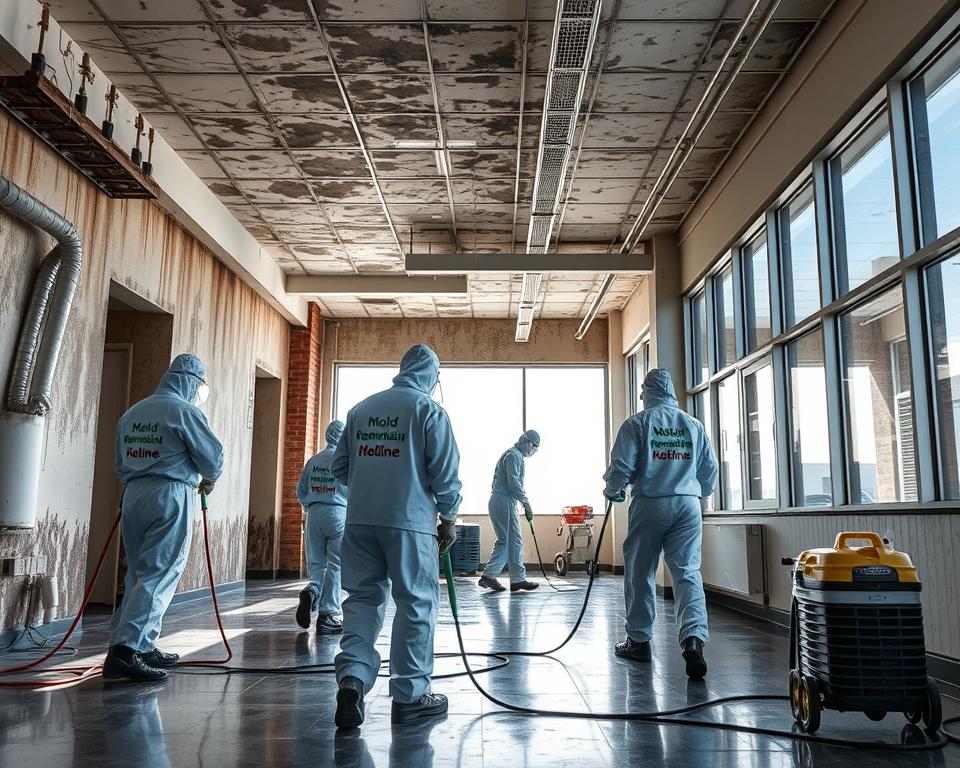
Choosing protective solutions for damp spaces demands different strategies for business facilities and homes. Industrial settings battle constant moisture exposure, while households focus on targeted problem areas. Both require specialized approaches to combat microbial threats effectively.
Product Performance for Professional Remediation
Large-scale projects need formulas that conquer extreme conditions. RMR’s commercial-grade solution covers 1,200+ sq. ft. per gallon on concrete or masonry – triple residential coverage rates. Its rapid-dry formula slashes labor time, letting crews complete warehouse projects 3x faster than traditional methods.
Industrial surfaces like metal ducts demand enhanced adhesion. Professional products often include rust inhibitors and alkaline-resistant primers. These features prevent peeling in environments where humidity exceeds 80% daily.
Environmental and Safety Standards
Commercial projects must meet strict EPA guidelines for occupied buildings. Industrial coatings use low-VOC formulas that comply with air quality regulations. Residential options prioritize odor control, using plant-based antimicrobials safe for kitchens and bathrooms.
Safety protocols differ sharply between sectors. Factories require full respirator gear during application, while homeowners need simple ventilation. “Product selection hinges on both effectiveness and user safety,” notes OSHA-certified contractor Lila Marcos.
Price structures reflect these differences. Commercial bids emphasize bulk pricing and labor savings, whereas residential costs focus on premium finishes and color matching. Both markets demand solutions that balance protection with practical constraints.
Conclusion
Protecting your home from moisture damage requires smart solutions that balance upfront costs with lasting results. Specialized products combat mold growth through advanced formulas, offering 3-5 years of reliable protection in high-humidity areas like bathrooms and basements.
While price per square foot varies by project size, professional services often deliver better value through proper surface prep and warranty-backed work. Many contractors include primers that block stains while enhancing topcoat adhesion – a critical step most DIY efforts miss.
Water-based options now dominate the market, providing safer air quality without sacrificing durability. When comparing products, prioritize those with transferable warranties and proven performance in your region’s climate. The right choice prevents costly repairs while maintaining clean, healthy surfaces for years.
